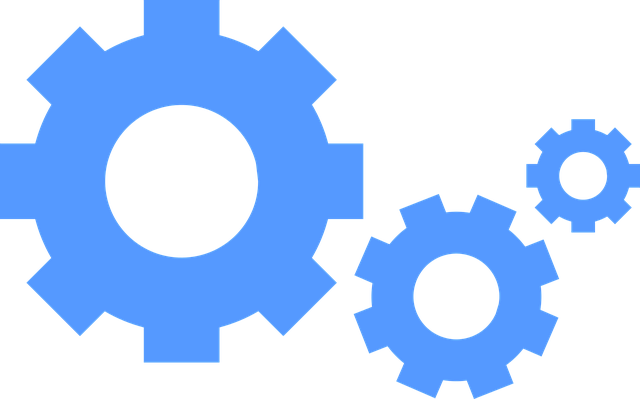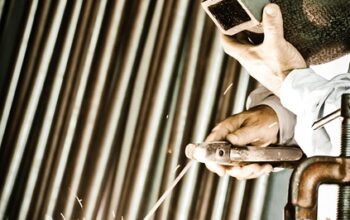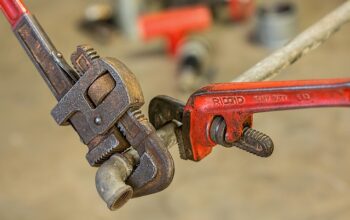Maintaining your home's HVAC system is key for comfort and cost savings, involving understanding heating (furnaces, heat pumps), cooling (AC, mini-split units), and ventilation. Regular tasks like filter cleaning, duct inspection, and efficiency checks prevent costly repairs, enhance energy efficiency, and ensure optimal performance year-round. Homeowners should address complex issues like malfunctioning thermostats or damaged compressor coils with professional HVAC services to maintain indoor comfort and air quality through proper home repair and maintenance routines.
“Maximizing comfort and energy efficiency in your home starts with understanding and maintaining your HVAC system. This comprehensive guide delves into the intricacies of Heating, Ventilation, and Air Conditioning (HVAC) systems, equipping homeowners with essential knowledge for optimal care. We explore regular maintenance routines to ensure your HVAC operates seamlessly, saving you money and preventing costly repairs. Furthermore, learn about common issues and when to call a professional for home repair and maintenance.”
- Understanding HVAC Systems: A Homeowner's Guide
- Regular Maintenance: The Key to Efficient and Reliable Heating and Cooling
- Common HVAC Repairs and When to Call a Professional
Understanding HVAC Systems: A Homeowner's Guide
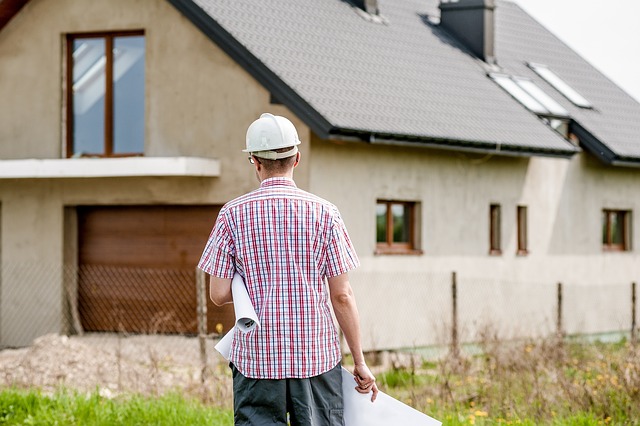
Understanding HVAC systems is essential for homeowners looking to effectively maintain and repair their homes’ heating, ventilation, and air conditioning units. These complex systems, often taken for granted, play a crucial role in ensuring comfort and indoor air quality. At its core, an HVAC system involves three main components: heating, ventilation, and cooling. Heating mechanisms can range from furnaces to heat pumps, while cooling options include central air conditioners or ductless mini-split units. Ventilation systems ensure the circulation of fresh air, maintaining optimal humidity levels and removing pollutants.
Regular home repair and maintenance routines are vital for keeping these systems in top condition. This includes routine cleaning of air filters, inspection of ducts for leaks or damage, and checking the efficiency of the system. Identifying issues early can prevent costly repairs and ensure your home remains a comfortable living space throughout all seasons. By staying informed about their HVAC systems and implementing proper maintenance practices, homeowners can extend the lifespan of these critical components, enhancing energy efficiency and indoor comfort.
Regular Maintenance: The Key to Efficient and Reliable Heating and Cooling
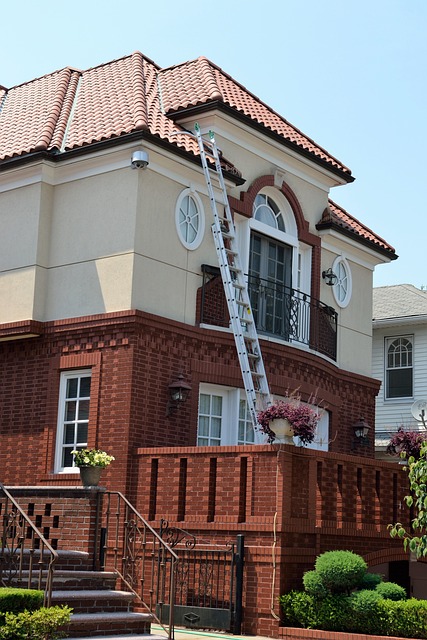
Regular maintenance is essential for any home repair and maintenance regimen, especially when it comes to HVAC systems. By scheduling routine inspections and cleaning, homeowners can ensure their heating and cooling units operate at peak efficiency throughout the year. This proactive approach not only saves energy but also extends the lifespan of these critical appliances, reducing the need for costly repairs or replacements.
During maintenance visits, professionals should check for dust buildup in filters, clean ducts, inspect vents, and ensure proper airflow. They should also verify the condition of wiring connections, replace worn-out parts, and calibrate thermostats to maintain precise temperature control. Regular maintenance can identify potential issues early on, preventing minor problems from escalating into major breakdowns that could leave homes uncomfortable or even unsafe during extreme weather conditions.
Common HVAC Repairs and When to Call a Professional
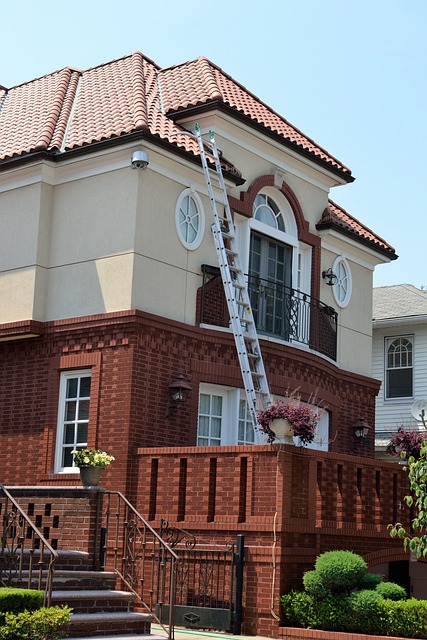
Many homeowners tackle minor HVAC (Heating, Ventilation, and Air Conditioning) issues themselves to save on costs. Common repairs include replacing air filters, cleaning or replacing condensate pans, and fixing leaky ducts. These tasks are usually straightforward and can be done as part of regular home repair and maintenance routines. However, there comes a time when do-it-yourself methods fail to resolve the problem, indicating a need for professional intervention.
Complex issues like malfunctioning thermostats, inefficient heat exchangers, or broken compressor coils often require specialized equipment and knowledge. Ignoring these problems can lead to energy wastage, higher utility bills, and even safety risks. When dealing with these types of HVAC concerns, it’s best to call a licensed professional. They have the expertise and tools to diagnose and fix issues accurately and safely, ensuring your home’s comfort and air quality.
In conclusion, proper HVAC maintenance and timely repairs are vital for ensuring your home’s comfort and energy efficiency. By understanding your system, conducting regular upkeep, and recognizing common issues, you can extend the lifespan of your HVAC equipment. Remember, when it comes to home repair and maintenance, staying proactive is key. Don’t let minor problems turn into major, costly headaches—take control of your HVAC with confidence.

